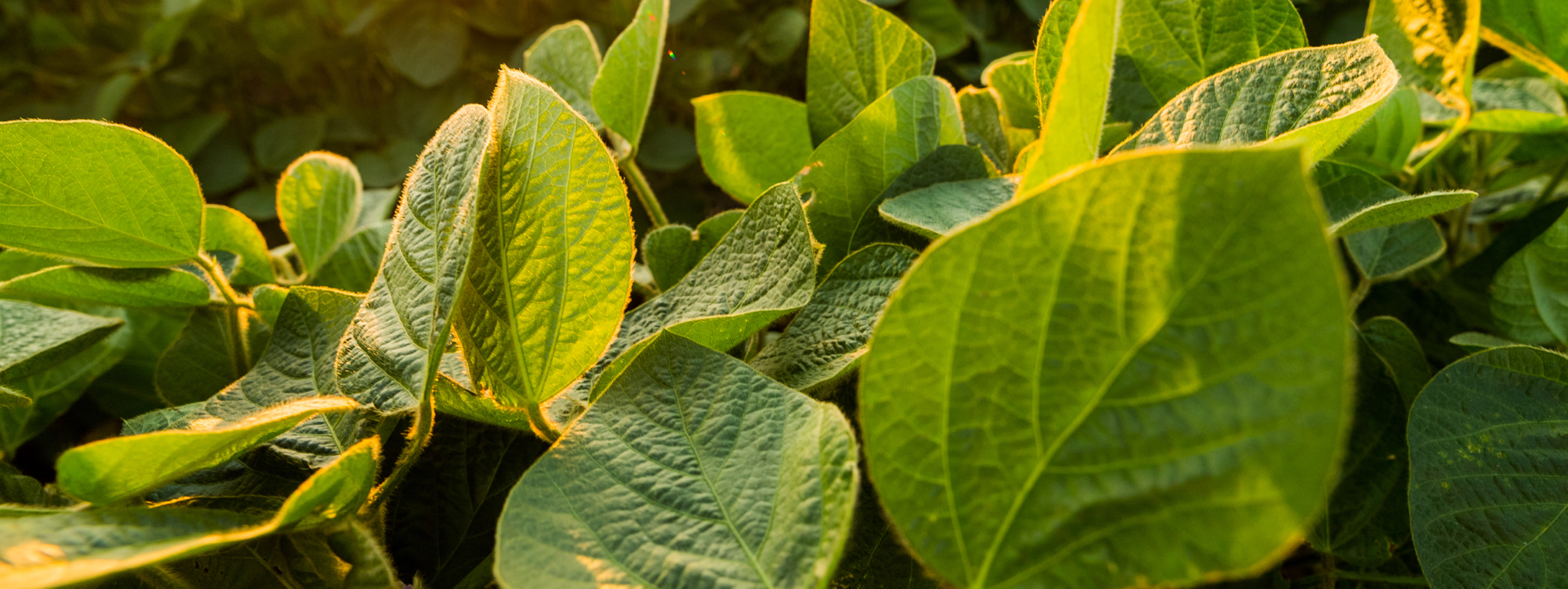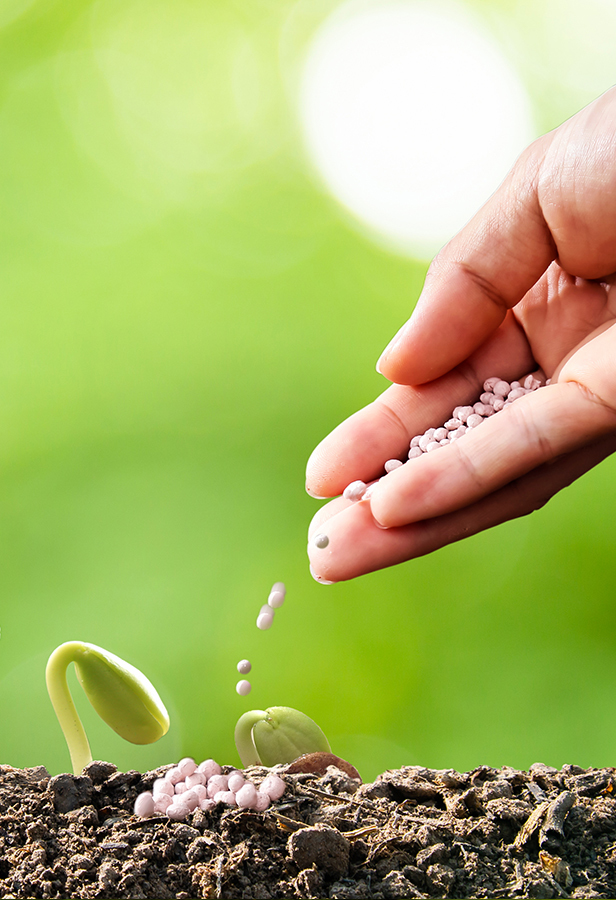Why should the soil be limed?

Why should the soil be limed?
Appropriate lime fertilization is fundamental for the proper development of plants. Liming of soil is an action that is taken to increase the pH. Liming also improves overall soil structure and humus quality.. This gives the soil the properties that determine the proper process of plant growth.
Particularly important in the cultivation process is the care of the appropriate pH of the soil. The acidity content tells us how "acidic" the soil is.
Unfortunately, in our country, soil acidification is a very common phenomenon, thus most soils should be de-acidified. This is due to the climate and the type of rocks on which the cultivated areas are embedded. The concentration of carbon dioxide and the leaching of essential elements caused by frequent rainfall determine the increase in acidification. Man contributes to this with high doses of nitrogenous fertilisers. This is why the use of nitrogen-rich products also requires lime fertilisation of the soil.
Each plant prefers a different pH level, which makes it appropriate for the type of crop in a given area. The effect of soil acidification is worsening of the absorption of elements necessary for the development of the plant and an accumulation of heavy metals in the soil itself and, consequently, in the plant. Too high a concentration of these metals in the plant makes it unsuitable for consumption. It is therefore extremely important to ensure that the right amount of calcium fertiliser is applied to the soil.





